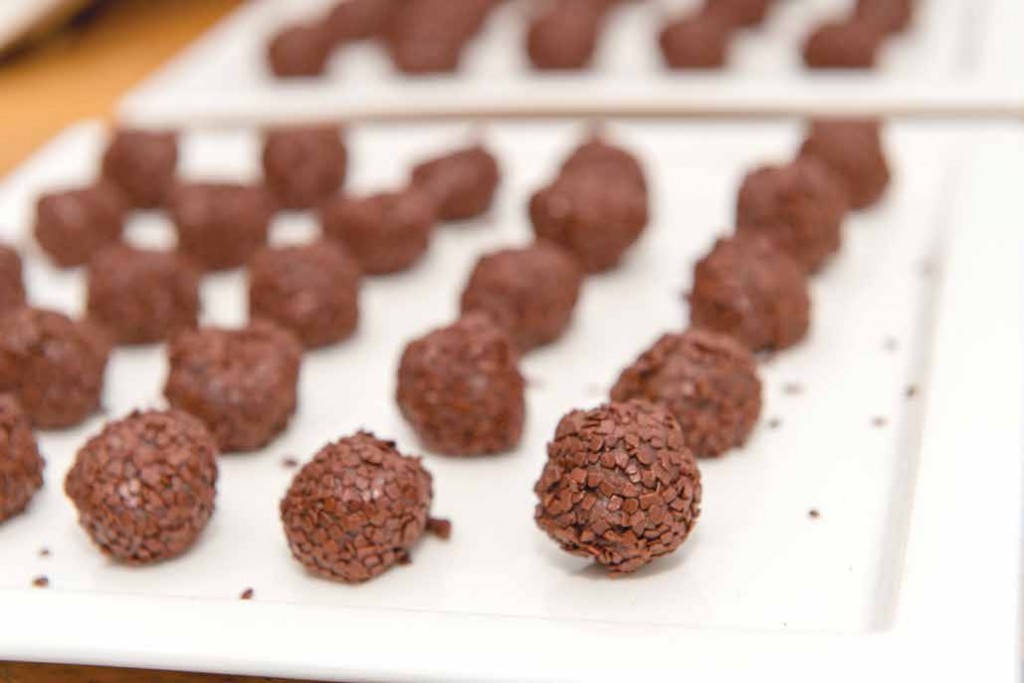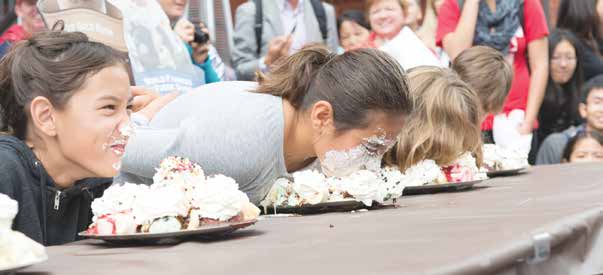

Tumeka has faced neglect, depression, abuse, and addiction. She has survived some of the most extreme sorrows and losses this world could deliver, yet still completely embodies strength, grace, and resilience. Above all, Tumeka’s story is a reminder that right here in our community, there are lives at stake.
Tumeka was born in Martinez, California, to an abusively prejudiced family. She was treated brutally, and was judged because her skin was darker than her relatives. Tumeka was pawned off to numerous institutions, camps, and relatives’ homes until she turned 18; at that time her mother gave her a $100-dollar bill and asked her to leave and not return.
Tumeka said, “I never had a childhood; I only tried to survive.”
Tumeka moved to San Francisco and adapted to her surroundings, but she had a difficult time finding a job because she is transgender. As a result, Tumeka began using her body, selling drugs, and doing whatever else she needed to do in order to make money and find a place where she felt she belonged.
“I just wanted to be loved and accepted, but I ended up constantly around people who used me,” Tumeka said. “I grew up with nobody loving me, so anything negative that happened to me throughout my life … I just figured I deserved it.”
She started experimenting with drugs, and was diagnosed with HIV shortly after.
Tumeka decided to reach out to the City of Refuge Church in Oakland. “I knew this life wasn’t for me,” she said, thinking back on that time. “I couldn’t do it anymore.” She was connected to a local recovery house designed for transgender people of color, and it served as a clean and sober facility for her as she began on her long road back from despair.
Tumeka began taking Nurse’s Assistant classes at City College, and quickly after landing an internship at St. James Infirmary, she was offered a full time job as Executive Assistant.
She said, “After being offered the job, I finally started feeling like I was part of the human race. I had a reason to live.”
Tumeka is currently an in-home care provider. She attends bible study daily, and jogs seven miles every morning. She said, “I remind myself who I am today so I never go back to who I used to be. Before, I was just existing. Today, I’m actually living.”
Project Open Hand has been a big step in her healing process and work toward a healthy reintegration into life. Tumeka admitted that she is still working every single day to feel completely healed. That journey may be lengthy, but it is one that Tumeka, no doubt, has the strength for.
“Without Project Open Hand, I couldn’t have made it because no one else would help,” she said. “At one point in my life, I didn’t think about feeding myself; I only thought about feeding my addiction. I would have starved without POH. I’m so grateful for what they did for me; they gave me a second chance.”

Type 2 Diabetes, as well as high blood pressure, ran in Tumeka’s family, and once she was diagnosed with both, she was determined to find an alternate route to treatment; a route that didn’t include so much medication. In order to break the cycle of her family’s poor health history, she turned to Kim, a registered dietitian at Project Open Hand.
Tumeka said, “I don’t have diabetes anymore because of Kim. I’m on a quest of staying healthy, and Kim is the one who taught me how to eat right and exercise. The food at POH opened my eyes to an entirely new lifestyle. Now, I live a healthy life and treat my body with respect. I know my self-worth now.”
Tumeka concluded, “If someone were coming into POH for the first time, I would tell them, ‘Speak openly with staff and volunteers. Everyone is so understanding. Once you’re there, you’ll fully grasp the meals with love concept; they didn’t make the meal for the paycheck.’”
Recent Comments